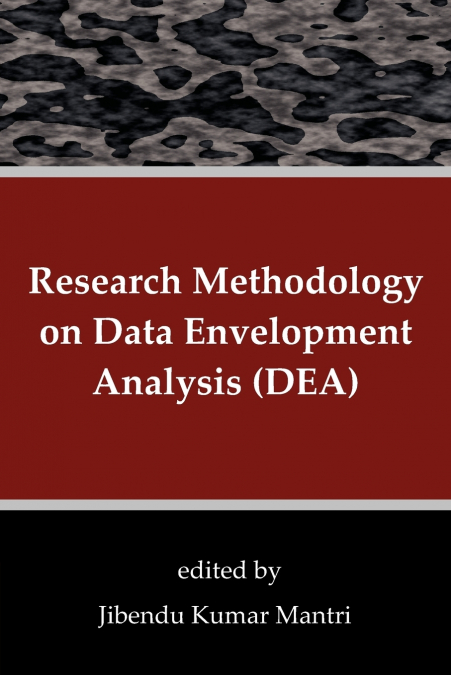
Jibendu Kumar Mantri
Data Envelopment Analysis (DEA) represents a milestone in the progression of a continuously advancing methodology for data analysis, which finds extensive use in industry, society and even in education. This book is a handy encyclopedia for researchers, students and practitioners looking for the latest and most comprehensive references in DEA. J.K. Mantri has specifically selected 22 research papers where DEA is applied in different fields so that the techniques discussed in this book can be used for various applications.In A Bibliography of Data Envelopment Analysis (1978-2001), Gabriel Tavares states that DEA is a mathematical programme for measuring performance efficiency of organizations popularly named as decision-making units (DMU). The DMU can be of any kind such as manufacturing units, a number of schools, banks, hospitals, police stations, firms, etc. DEA measures the performance efficiency of these kinds of DMUs, which share a common characteristic: they have a non-profit organization where measurement is difficult. DEA assumes the performance of the DMU using the concepts of efficiency and productivity, which are measured as the ratio of total outputs to total inputs. The efficiencies estimated are relative to the best performing DMU, which is given a score of 100%. The performance of other DMUs varies between 0% and 100%.